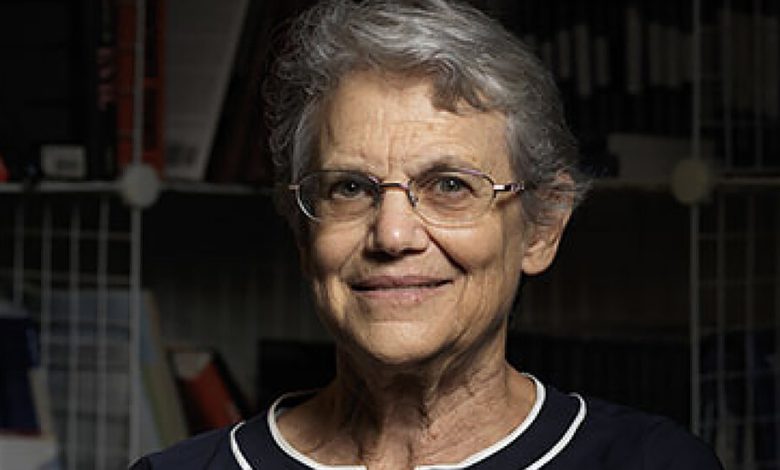Jean Maria Arrigo, Who Exposed Psychologists’ Ties to Torture, Dies at 79

Jean Maria Arrigo, a psychologist who exposed efforts by the American Psychological Association to obscure the role of psychologists in coercive interrogations of terror suspects in the aftermath of the Sept. 11, 2001, attacks, died on Feb. 24 at her home in Alpine, Calif. She was 79.
The cause was complications of pancreatic cancer, her husband, John Crigler, said.
A headline about her as a whistle-blower in The Guardianin 2015 put it succinctly: “‘A National Hero’: Psychologist Who Warned of Torture Collusion Gets Her Due.”
A decade earlier, Dr. Arrigo had been named to a task force by the American Psychological Association, the largest professional group of psychologists, to examine the role of trained psychologists in national security interrogations.
The 10-member panel was formed in response to news reports in 2004 about abuse at the American-run Abu Ghraib prison in Iraq and at Guantánamo Bay in Cuba, which included details about psychologists aiding in interrogations that, according to the International Committee of the Red Cross, were “tantamount to torture.”
Dr. Arrigo later asserted that the A.P.A. task force was a sham — a public relations effort “to put out the fires of controversy right away,” as she told fellow psychologists in a wave-making speech in 2007.
The task force met and deliberated for just three days in 2005, she revealed. It was stacked with members who had ties to the Pentagon and conflicts of interest. Its conclusion, written by the top ethics official at the A.P.A., was that psychologists had an important role to play in interrogations, keeping them “safe, legal, ethical and effective” — intentionally broad language supplied by an official at the Defense Department.




